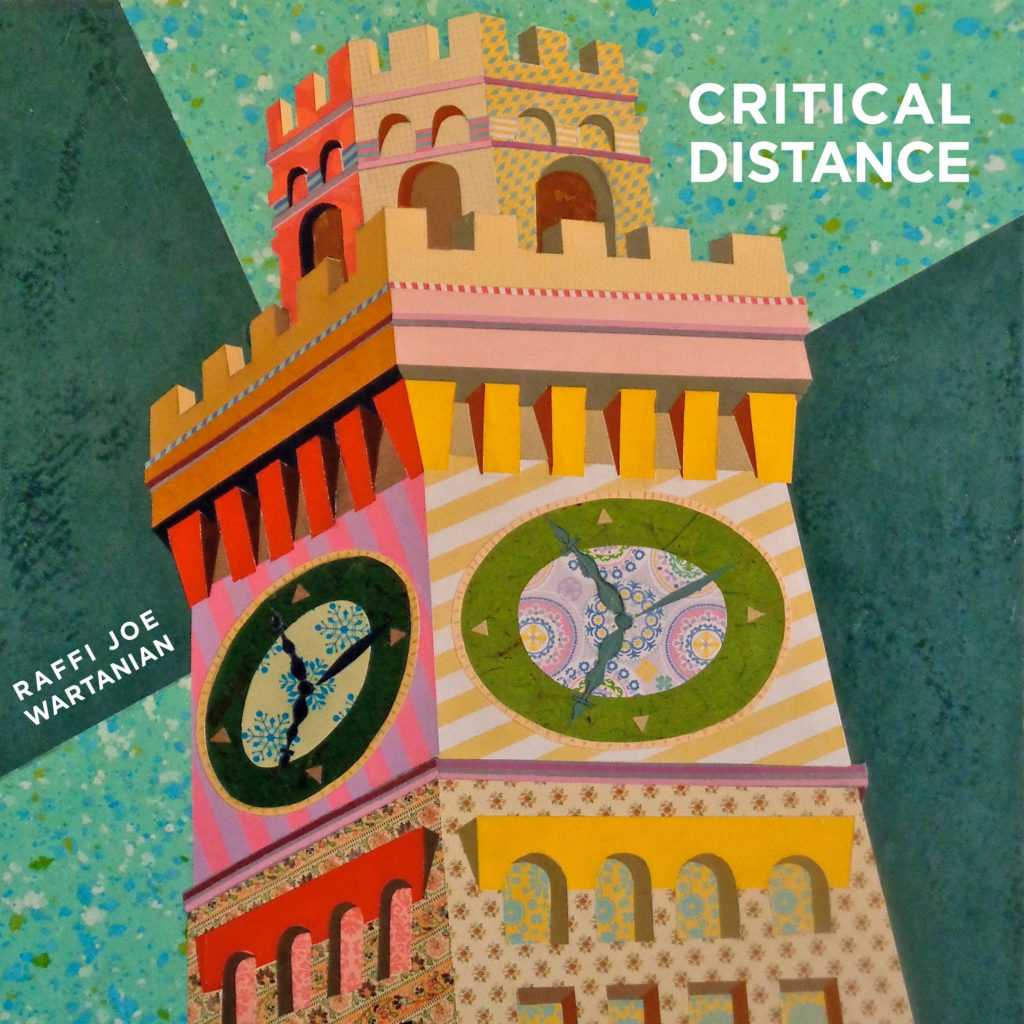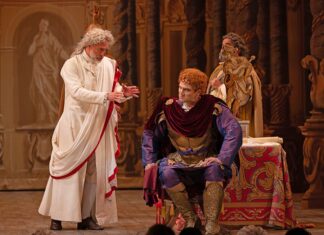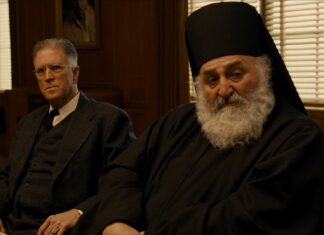NEW YORK — From the high plains of Anatolia to the smoky mountains of Appalachia, Raffi Joe Wartanian’s second album Critical Distance captures the spirit of these two symbolic regions — and all the rich forces of nature in between.
The independent artist’s layered and distinct life experiences contributed to the uniqueness of Wartanian’s instrumental album that features him playing the oud, mandolin and guitar, tying together fragments from memorable chapters, such as a cross-country trek across the United States to bus rides through Western Armenia to volunteering on a farm in Portugal.
While many music producers assert that a second album is harder than the first, Wartanian had no trouble coming up with ideas for his follow-up to “Pushkin Street,” accumulating a “big bank of ideas” during his travels that ultimately became a part of “Critical Distance.” He drew upon the diverse locales he spent time in, serving the homeland, digging deep into his ancestral roots, spending time with his family in Lebanon and living with gypsy jazz musicians in San Francisco.
“The album features various styles, such as blues, Armenian, tango, bluegrass and rock,” said Wartanian, regarding the 10 original compositions. “I think it has all that because of the distance my family traveled, which ties into this idea of migration and cultural interactions that arose from that.”
A native of Baltimore, Md., Wartanian hails from a musically-inclined family, particularly his aunt, who is a classical pianist. He grew up hearing her tackle ambitious pieces and followed in the footsteps of his siblings when they too began taking piano lessons at a young age. Raffi, however, realized that he preferred to learn by ear, earning warm encouragement from his grandparents.
“My grandfather lived with us and whenever I practiced he would sit and listen and clap,” said Wartanian. “It was a way for us to bond.”









